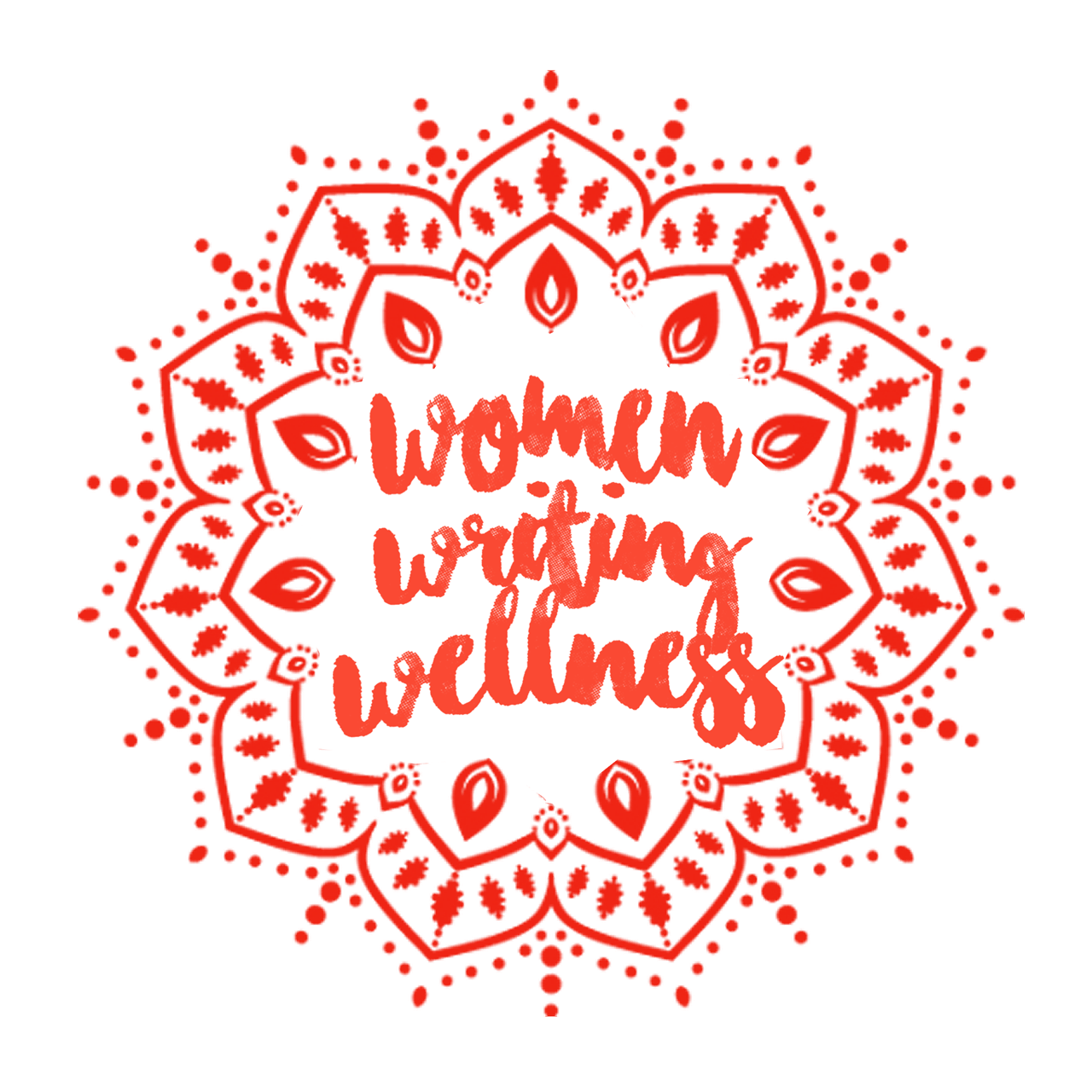- Give Yourself Time - Make sure there is adequate time between the trauma you experienced and your writing. Immediately after a traumatic experience, just getting through everyday life can be hard enough to manage. Don't add writing a book to the list. When you're writing your story you want to be sure that you understand the purpose of your writing, and that you're able to make meaning out of what happened. When you're in the midst of trauma and recovery, you can journal to work through your feelings while you heal, but you may not have enough distance from the event to write a book just yet.
- Take it Easy - When writing about traumatic experiences, commit to writing for 15 minutes and then take a break. This will make the process a little easier and less daunting. The next time you sit down to write, do research or focus on a lighter topic. This way, you can return to the less pleasant material feeling refreshed and ready.
- Your editor is not your therapist – So get a good therapist. Writing about painful experiences is bound to trigger strong emotions. In your writing, you want to focus on making meaning out of the past and not just reliving it. A little extra support in this endeavor with a mental health professional can help you contextualize and process the raw emotions that are likely to emerge.
- Don't be hard on yourself - Be kind to yourself. The task you are taking on is hard work. Build in rewards for your goals along the way and allow time if you need to nap, cry, or walk away for the day.
- Find a support network - If you can tell your immediate friends and family what you are up to ask for their support as you work. You might also benefit from a writing group or class where you can get feedback on your writing and where you can contribute your constructive feedback to the writing of others.
Street Address
City, State, Zip
Phone Number
Your Custom Text Here

